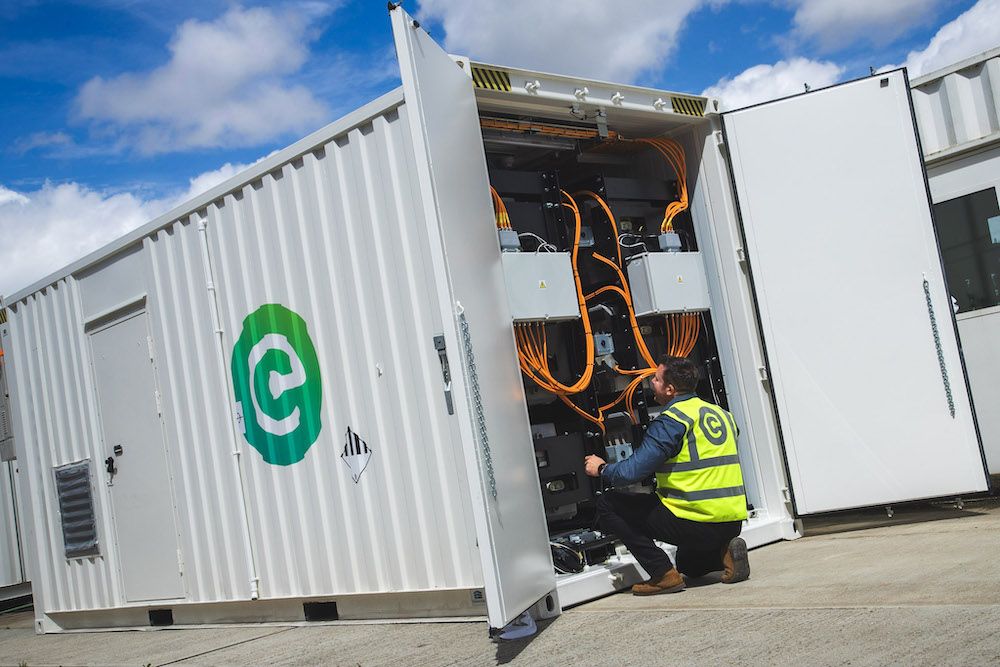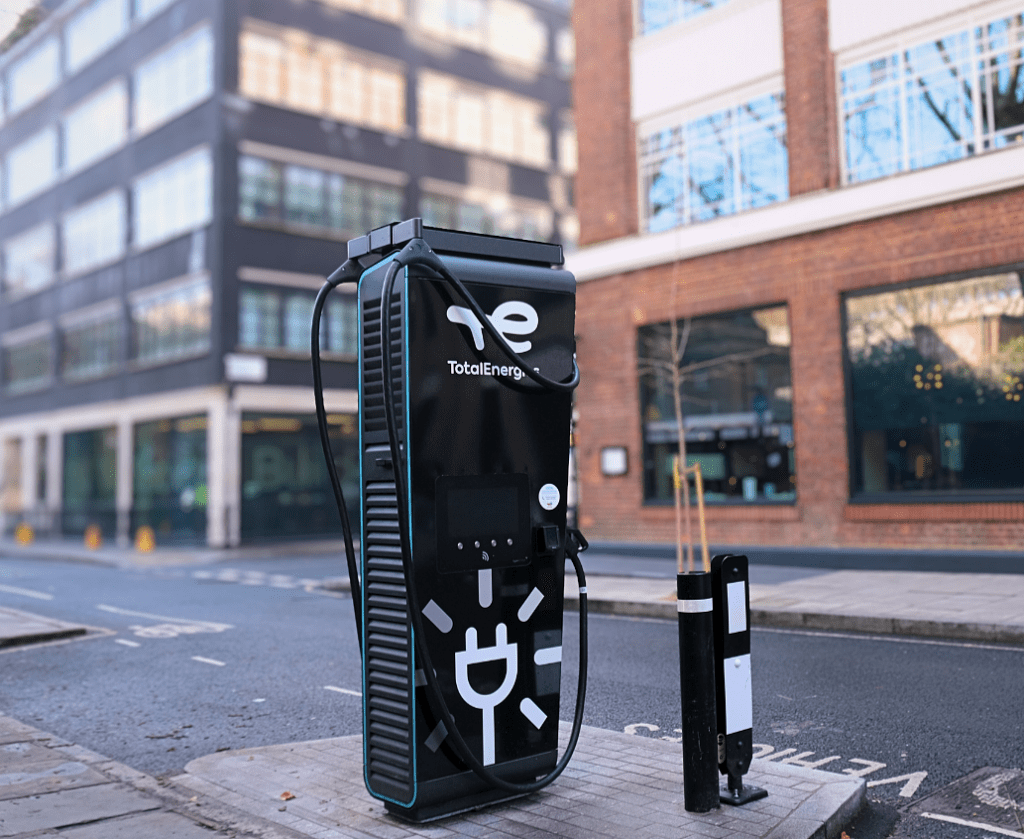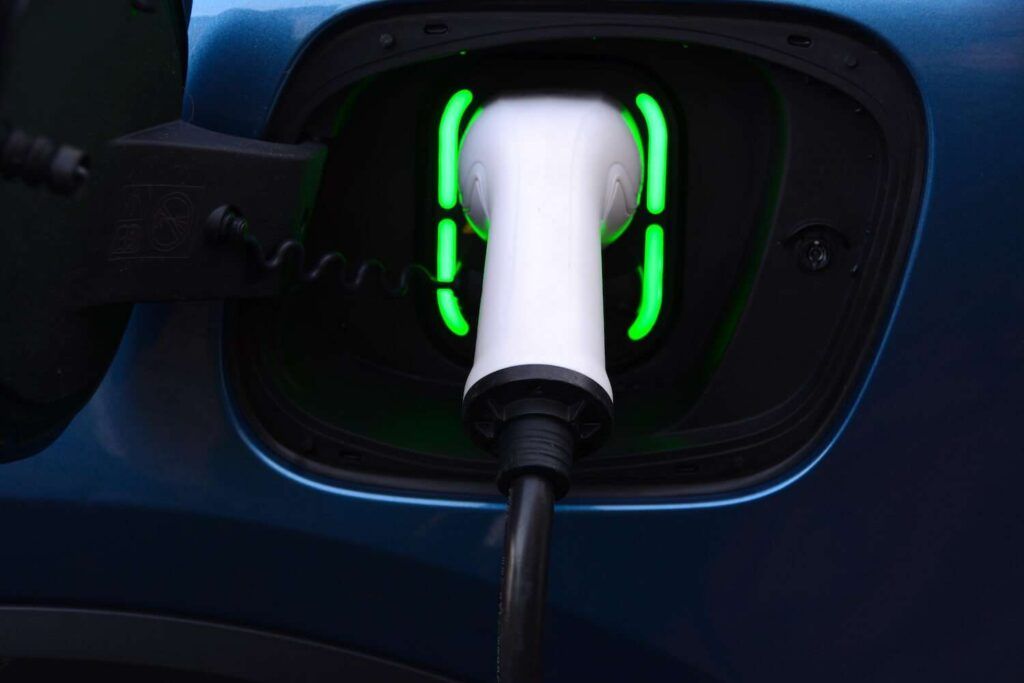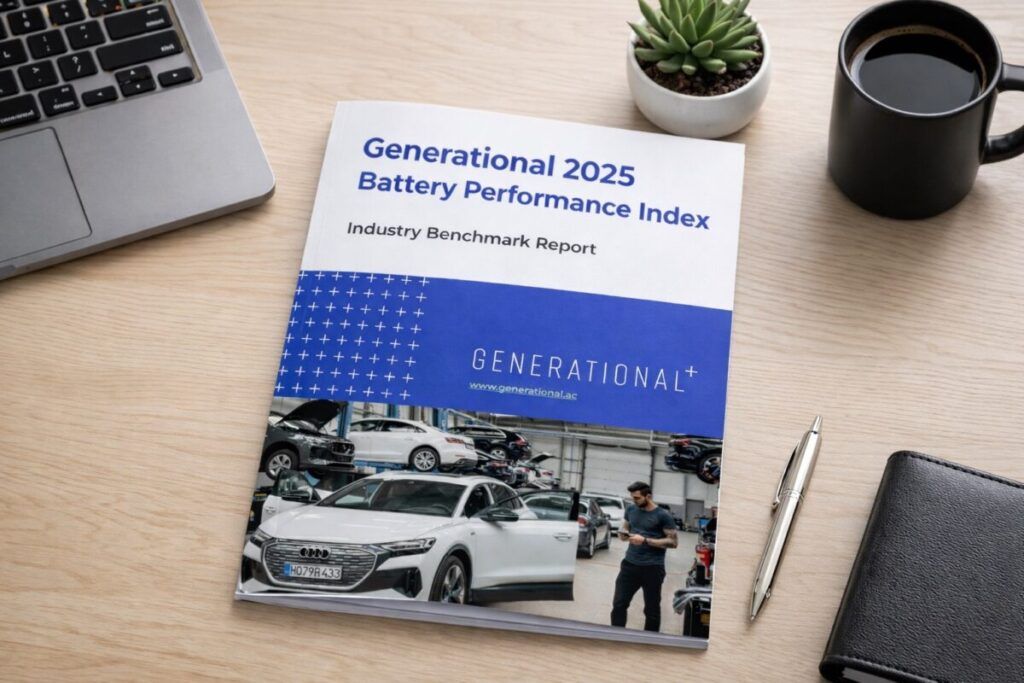A second life for EV batteries could hold the key to improving vehicle residual values, according to Connected Energy.
The claim has followed EVs suffering lower resale values, which has impacted the leasing business model. But Connected Energy have said that repurposing EV batteries at the end of life could solve the issue.
The residual value (RV) is the benchmark for pricing a vehicle at the end of its lease term, and strong residual values are important for sustaining the financial health of the leasing market.
The British Vehicle Rental and Leasing Association (BVRLA) has already warned of a ‘coming storm’ on EV residual values, reporting that used EV values had fallen 50% in the past two years.
But Connected Energy has proved that EV batteries can have a successful second life in stationary energy storage systems, it said.
In addition, second life also solves the current issue of having to pay for battery recycling, Connected Energy added. Recycling lithium-ion batteries remains an expensive and energy-intensive process, with a negative scrap value averaging hundreds of Euros per pack in Europe at present.
When an EV reaches the end of its life, the batteries still retain up to 80% of their original energy storage capabilities. Repurposing them for stationary energy storage “can create significant value”, it said, for example in battery energy storage systems.
Alex Charr, COO, Connected Energy said:
“New commercial models are now emerging to enable financial returns for EV battery owners. This could substantially improve residual values for EVs and accelerate the transition to all-electric vehicles.”
“Based on our data, the revenue generated via second-life applications is significant – potentially thousands of euros per unit – a huge boost to the residual value of an EV. For OEMs, it also improves the carbon footprint of an EV because reusing existing batteries for energy storage applications reduces the need to produce new batteries.”
“By extending battery lifespans, we reduce the immediate need for recycling, giving the industry time to mature and costs to come down. Of course, once the recycling industry matures to the point where it is paying for battery packs, this becomes an additional cost benefit after second life.”
“By monetizing second-life batteries, leasing companies and OEMs can introduce an additional revenue stream, directly boosting the intrinsic value of a used EV. This not only addresses the issue of falling RVs but also enhances the overall sustainability of the global EV industry.”
Image courtesy of Connected Energy












